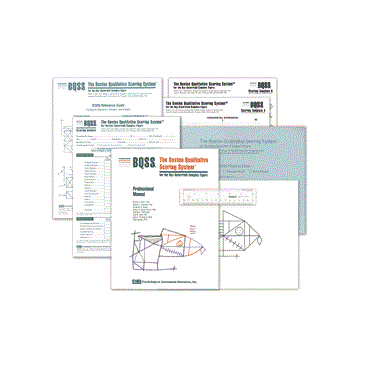Neuropsychological Tests
Dr. Stern has been involved in the development of many neuropsychological assessments, some of which are used in the lab's various research projects. Neuropsychological tests can range from timed puzzle-style tests, to written questionaires, and can tell researchers a wide range of information about an individual's cognitive functioning. Dr. Stern has helped develop the Neuropsychological Assessment Battery, The Boston Qualitative Scoring System for the Rey-Osterrieth Complex Figure, as well as the Visual Analog Mood Scales. Dr. Stern has also been involved with many other testing related projects, which can be found here.

Boston Qualitative Scoring System for the Rey-Osterrieth Complex Figure (BQSS)
The purpose of this test is to determine a score for the Rey-Osterrieth Complex Figure (ROCF) evaluation. ROCF is an evaluation that tests multiple cognitive abilities by asking participants to sketch a given line drawing first while seeing the drawing and then solely from memory. This test can be administered to participants between the ages of 18-94 and generally require a duration of 45 minutes. According to Psychological Assessment Resources (PAR), this test has been determined to “successfully discriminate between individuals with known traumatic brain injury and those without.”

Neuropsychological Assessment Battery (NAB)
The purpose of this test is to evaluate a multitude of different cognitive skills and functions. Development of NAB stretched over a 7 year period and was partly funded by the National Institute of Mental Health. NAB can be administered to participants ranging in age from 18-97 years old. The overall administration time depends on the specific module and test being administered, but in its entirety, NAB can generally be completed in less than four hours. Additionally, the scoring time for NAB is roughly 75 minutes. NAB can be found through Psychological Assessment Resources (PAR).

Visual Analog Mood Scales
The purpose of this test is to assess the moods of adults suffering from neurological impairments, who are in either medical or psychiatry settings. This test can be administered by either an individual or a group. Adults ranging from the ages of 18-94 can undergo testing. The test generally takes a total of 15 minutes, 5 minutes for administration and 10 minutes for scoring. This test can be found through Psychological Assessment Resources (PAR).
